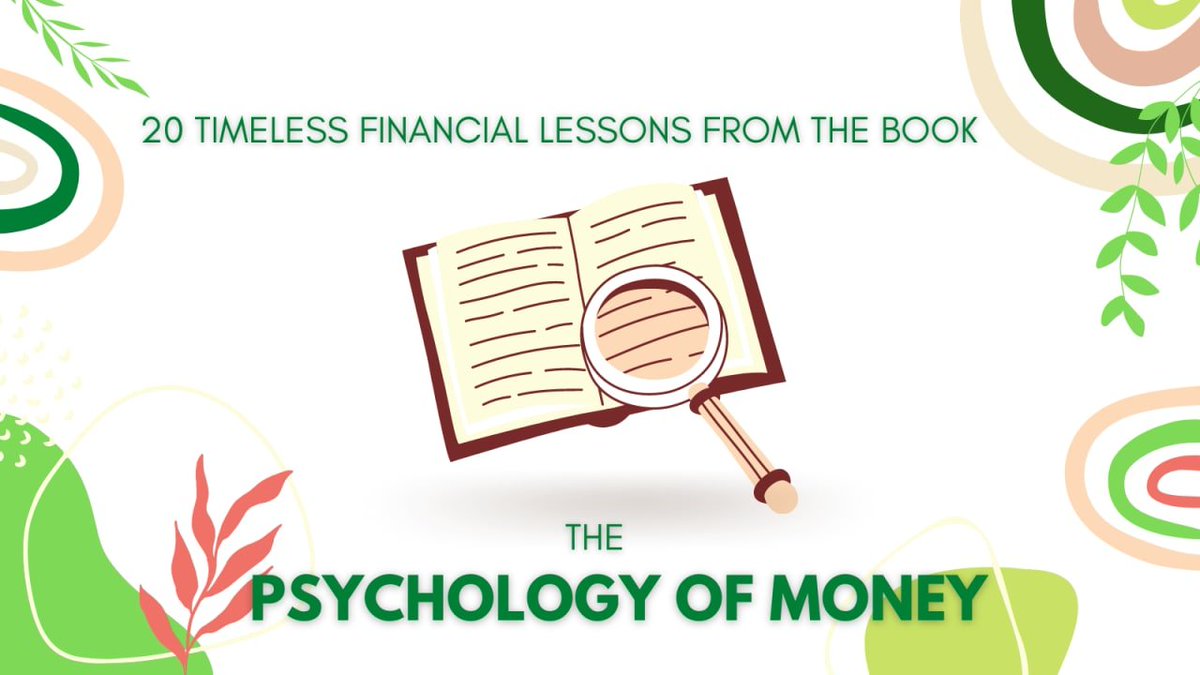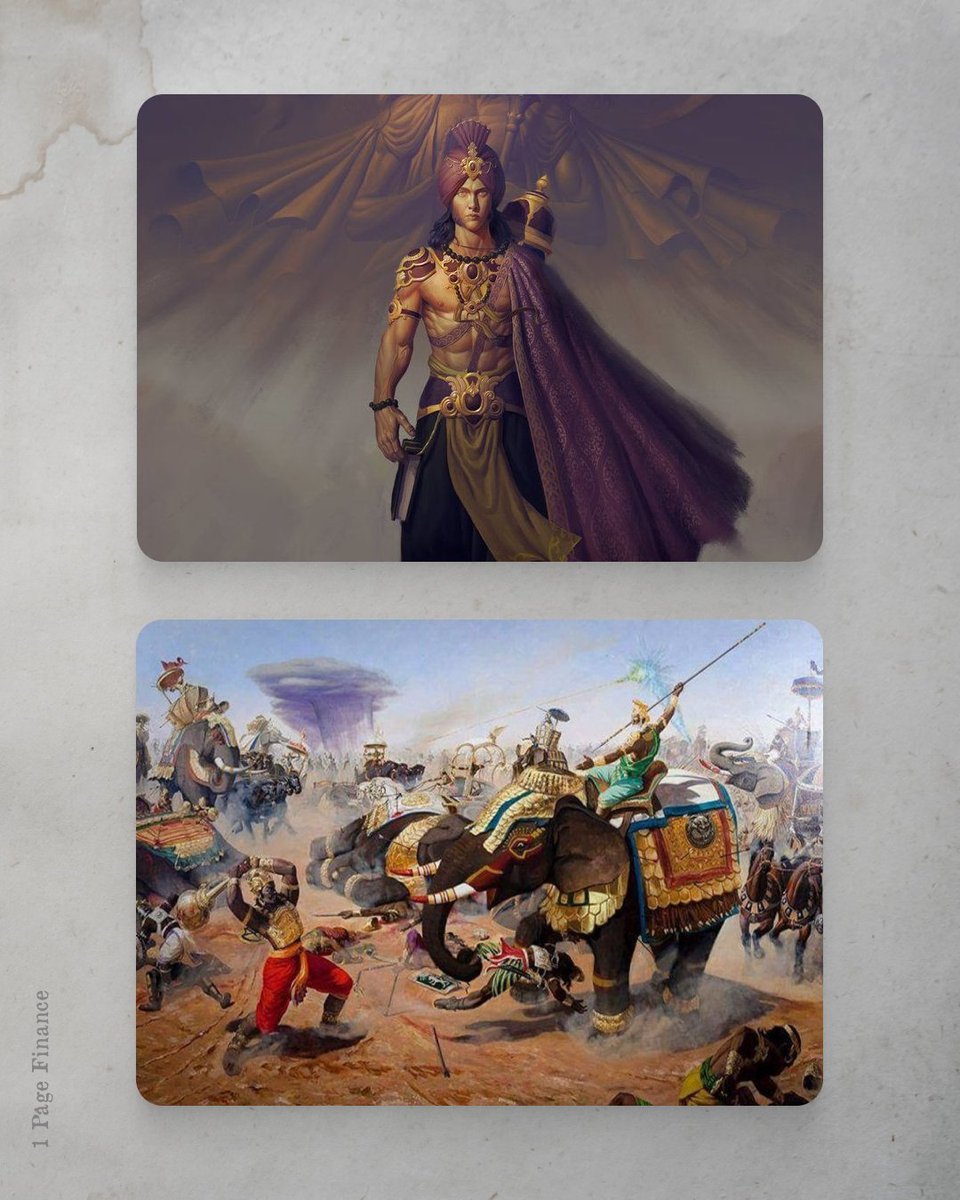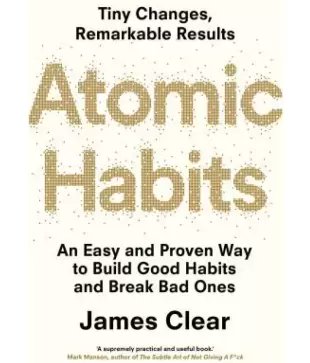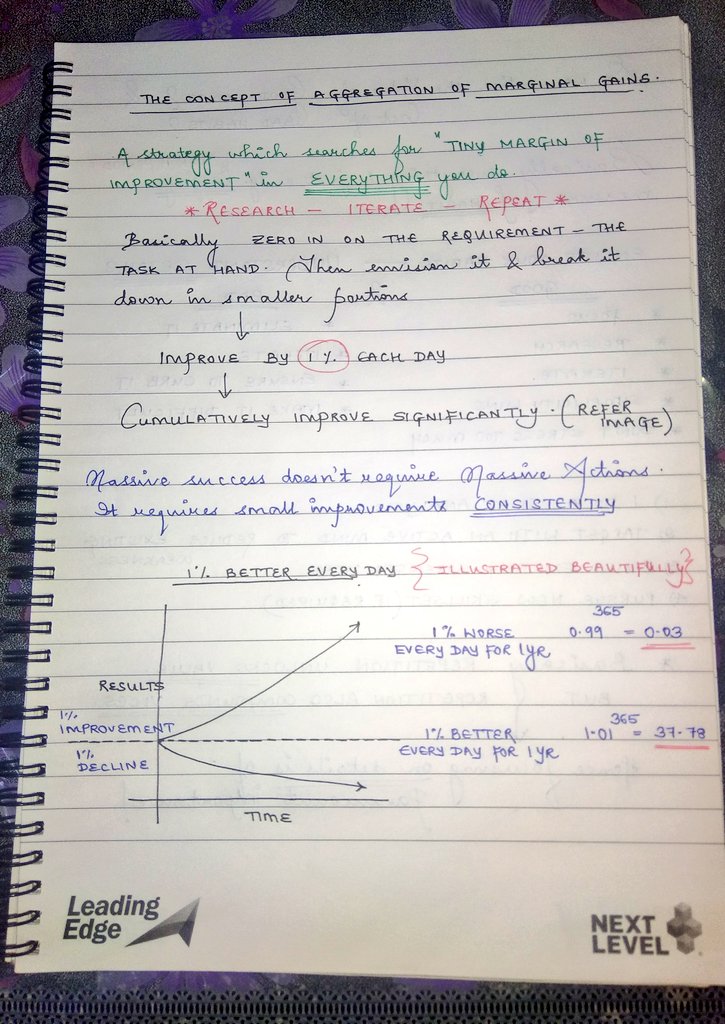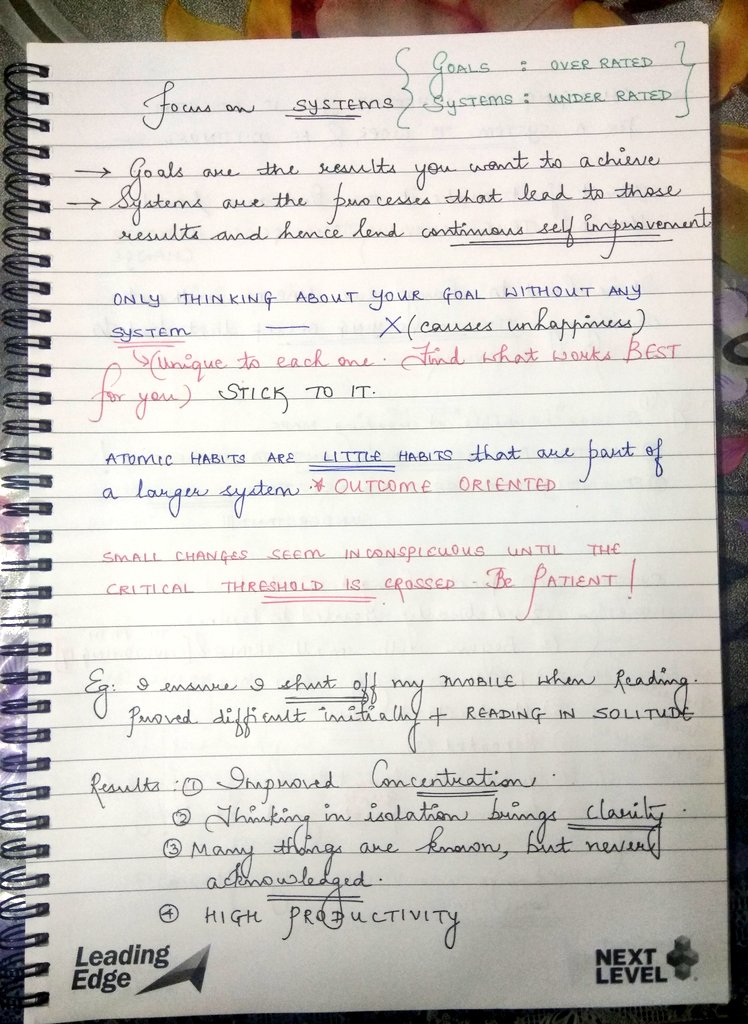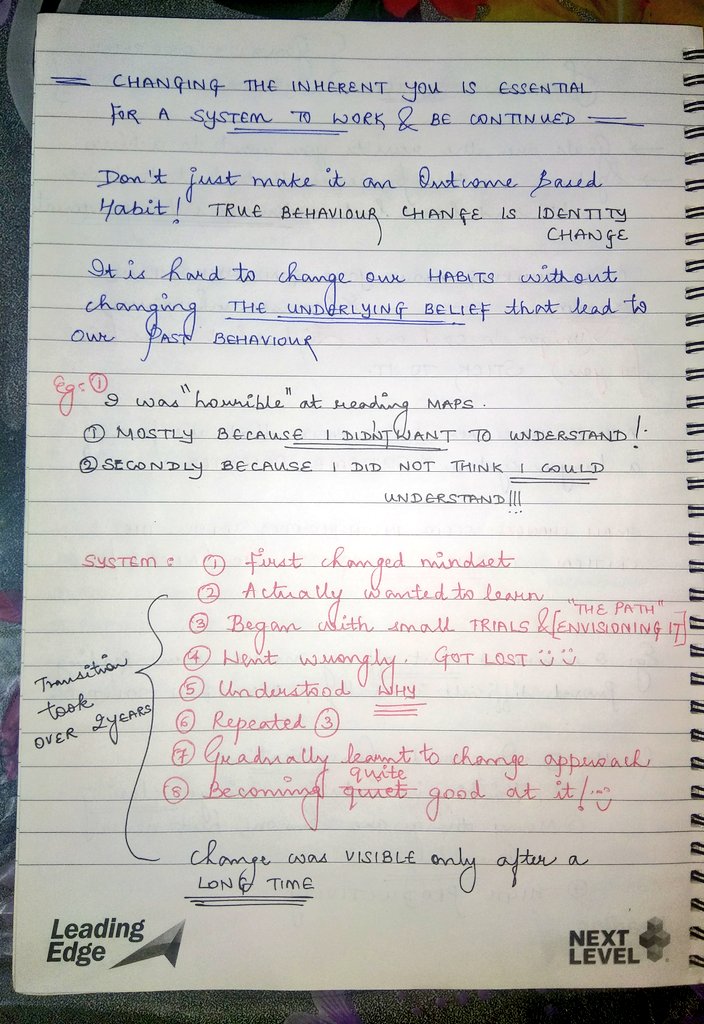Tradrdoc's Categories
Tradrdoc's Authors
Latest Saves
I credit Fintwit for my learnings.
Here's 10 key concepts every investor must know:
1. $$ needed to retire
2. Researching a business
3. Reading annual reports
4. Reading earnings calls
5. Criteria of a multi bagger
(Read on...)
6. Holding a multi bagger
7. Economic moats
8. When to buy a stock
9. Earnings vs cashflow
10. Traits of quality companies
Here's my 10 favourite threads on these concepts:
1. How much $$ do you need to retire
Before you start, you must know the end game.
To meet your retirement goals...
How much $$ do you need in your portfolio?
10-K Diver does a good job explaining what's a safe withdrawl rate.
Hint: It's NOT
1/
— 10-K Diver (@10kdiver) July 25, 2020
Get a cup of coffee.
In this thread, I'll help you work out how much money you need to retire.
2. Research a business
Your investment returns are a lagging indicator.
Instead, your research skills are the leading predictor of your results.
Conclusion?
To be a good investor, you must be a great business researcher.
Start with
1/ Thoughts on Research Process
— Mostly Borrowed Ideas (@borrowed_ideas) September 27, 2021
I was invited to present my research process at a college in the US. I am sharing all ten slides here. pic.twitter.com/z0tjZcogfH
3. Reading annual reports
This is the bread and butter of a good business analyst.
You cannot just listen to opinions from others.
You must learn to deep dive a business and make your own judgments.
Start with the 10k.
Ming Zhao explains it
\U0001f9d0How to Read 10Ks Like a Hedge Fund\U0001f9d0
— Ming Zhao (@FabiusMercurius) May 7, 2021
\u201cFundamentals don\u2019t matter anymore!\u201d I\u2019ve heard this a lot lately on Fintwit.\U0001f644
But, for those who\u2019ve diversify beyond $GME and $DOGE, here\u2019s a primer on what metrics fundamental buy-side PMs look at and why:
(real examples outlined)
\U0001f447 pic.twitter.com/tLlNRvpnDK
On the day of retirement, I decided that I will engage myself in translation of Hindu stotras
written in all these languages into English. I have so far translated 2000 stotras written in four languages. I have translated three Ramayanas (Valmiki , Kamba and Adhyathma), 21 Upanishads, Gita, Devi Mahatmyam, Narayaneeyam, Jnanapana, Krishna Karnamrutham,
21 Vedic Sukthas, including Chamakam, Rudram and 65 out of 80 known Stotra compositions of Adhi Sankara.
I also wanted to preserve Carnatic Krithis in English and I have translated 1950 Krithis, which include all known Krithis of Thyagaraja, about 100 Krithis each of
Purandaradasa , Oothukadu Venkatasubba Iyer and so on.
All these translations are now available in PDF format on:
https://t.co/jfdSXiHddv
I have a humble request. Please circulate this information to your contacts.
- *PR Ramachander*
@VasaviNarayanan
@Ramkumargee16
@roamingraman
@asuvathaman
@naturaize
@srjk22
@Kaalabala1
@JSKGopi
@maha_simha
@sreenivasan_dr
@nadodi86
@
A thread 🧵
1) Learn Anything - Search tools for knowledge discovery that helps you understand any topic through the most efficient
2) Grad Speeches - Discover the best commencement speeches.
This website is made by me
3) What does the Internet Think - Find out what the internet thinks about anything
4) https://t.co/vuhT6jVItx - Send notes that will self-destruct after being read.
But contrary to what you’ve been told, lifelong learners are built, not born.
THREAD: 20 lifelong learning habits you can start developing today.
Stimulate Dynamically
The mind is a muscle - it needs to be stimulated dynamically to continue to grow.
Don’t rely on one “exercise” - develop a menu of options.
Write, read, listen, watch. Solve puzzles, play games. Enjoy it!
Stimulate dynamically, learn dynamically.
Build Learning Circles
The most powerful learning is communal, not individual.
Build learning circles with other intellectually curious minds.
Engage regularly with no set intention or goal.
Community is everything. Embrace it.
Keep Asking Why
“Why?” is the most useful tool in our learning toolkit.
But somewhere along the line, we are told to stop asking why and just accept “facts” as we are told them.
Reject the norm.
If you want to understand the world, take a cue from our kids - keep asking why!
First principles thinking is a powerful mental model for driving non-linear outcomes. It also requires a willingness to ask difficult, uncomfortable questions.
— Sahil Bloom (@SahilBloom) March 14, 2021
Here are a few to help you get started: pic.twitter.com/KyuAr7IUf7
Adopt a Process Orientation
Prioritize process.
Learn for the sake of learning, not always for a specific goal.
When you prioritize process, you become flexible in where you are headed.
Life is a winding, confusing journey - forward progress is all that matters.









